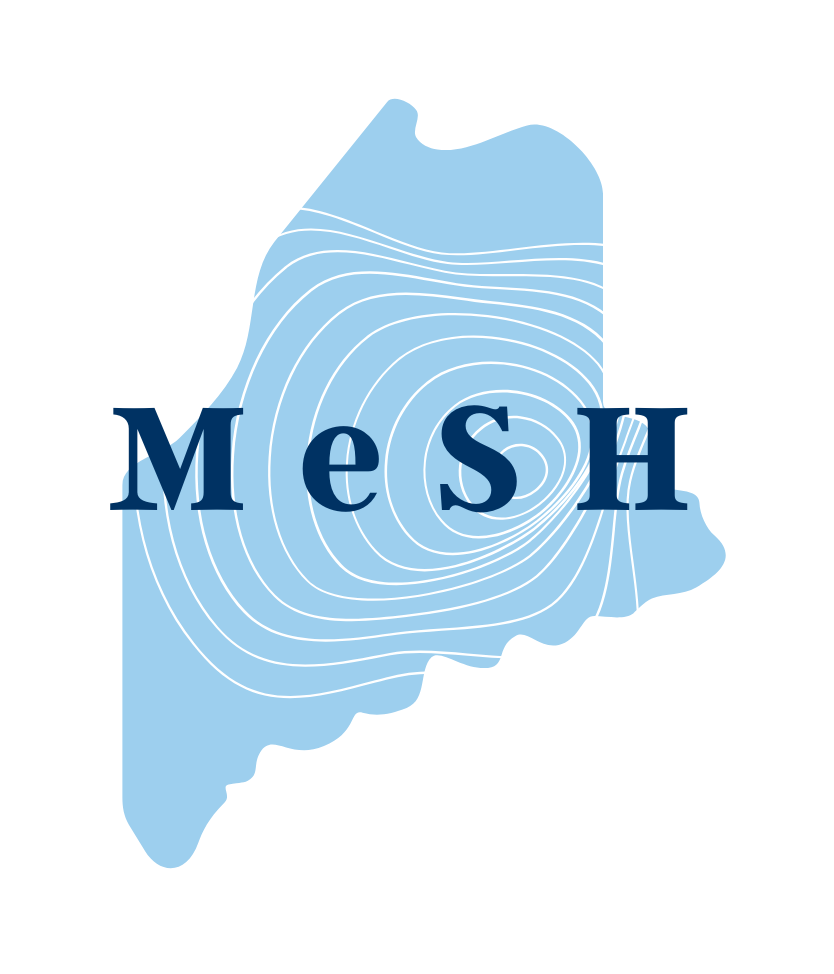Maine Climate Change Resources
Climate Change Institute
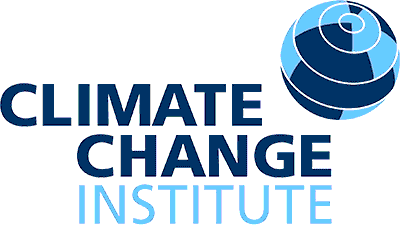
The Climate Change Institute fosters learning and scientific discoveries through graduate programs and interdisciplinary research projects. The CCI has planned and completed research expeditions in many areas across the globe including Greenland and Antarctica. The information gained from these activities serves to improve general knowledge of the subject, reduce knowledge gaps, and impact the lives of people in Maine. The CCI is dedicated to improving the quality of life for people while promoting responsible stewardship of human, natural, and financial resources.
Forest Climate Change Initiative
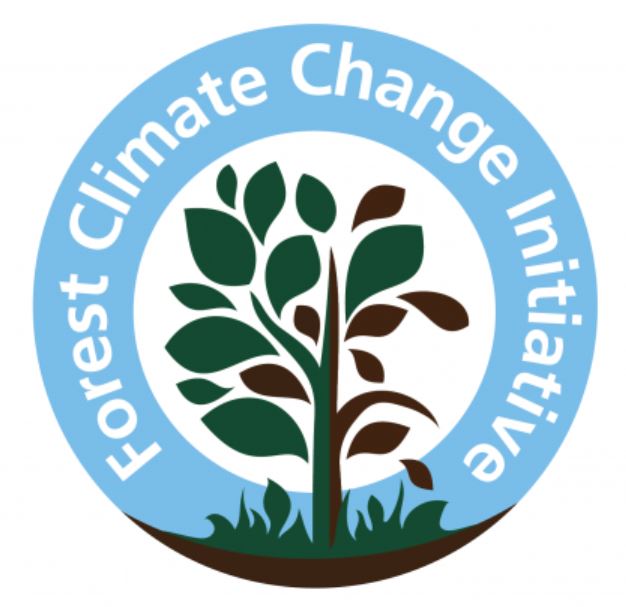
The FCCI works to research and manage the effects of climate change on Maine forests by connecting researchers, scientists, stakeholders, legislators, and members of the public. It conducts interdisciplinary projects, research, and collaborations related to forestry and climate change. They support student research, create informational resources for public use, and host annual webinar series and field tours which are open to anyone interested. Those who are interested in the FCCI or their areas of study such as biodiversity and ecosystem services can subscribe to the FCCI Newsletter.
Maine Climate and Agriculture Network
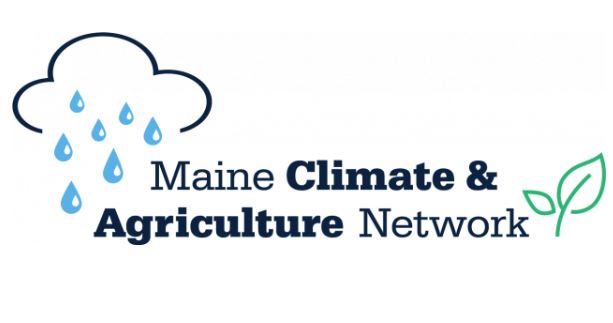
MECAN is a group organized through the University of Maine which aims to identify challenges, opportunities, and potential solutions regarding climate and Maine agriculture while improving communication between relevant parties. Climate change has significant negative effects on agriculture. Both private and public stakeholders involved in agriculture can share their experiences and knowledge to improve collective responses to climate change, avoid losses, and improve outcomes. Participants meet to discuss current issues, plan projects, foster connections among members, conduct collaborative research, and create various resources such as fact sheets and educational programming.
Maine Climate Change Adaptation Providers Network
CCAP aims to disseminate information and best practices to improve local climate resilience. Maine communities are working to adapt to the impacts of climate change through collaboration and innovation. Climate adaptation is an important measure which can help protect Maine and its people and reduce the long term financial burden on individuals, communities, and the state as a whole. Resilience Building is a continuous cycle of assessing vulnerabilities, taking stock of resources, planning for the future, and enacting adaptive projects. It is important to draw from local strengths and skills within the community and successful neighboring communities can be good examples of regional climate resilience initiatives. The Climate Adaptation Providers Network has compiled a starting list of decision support tools, case studies of best practices, and training and networking opportunities in Maine and beyond.
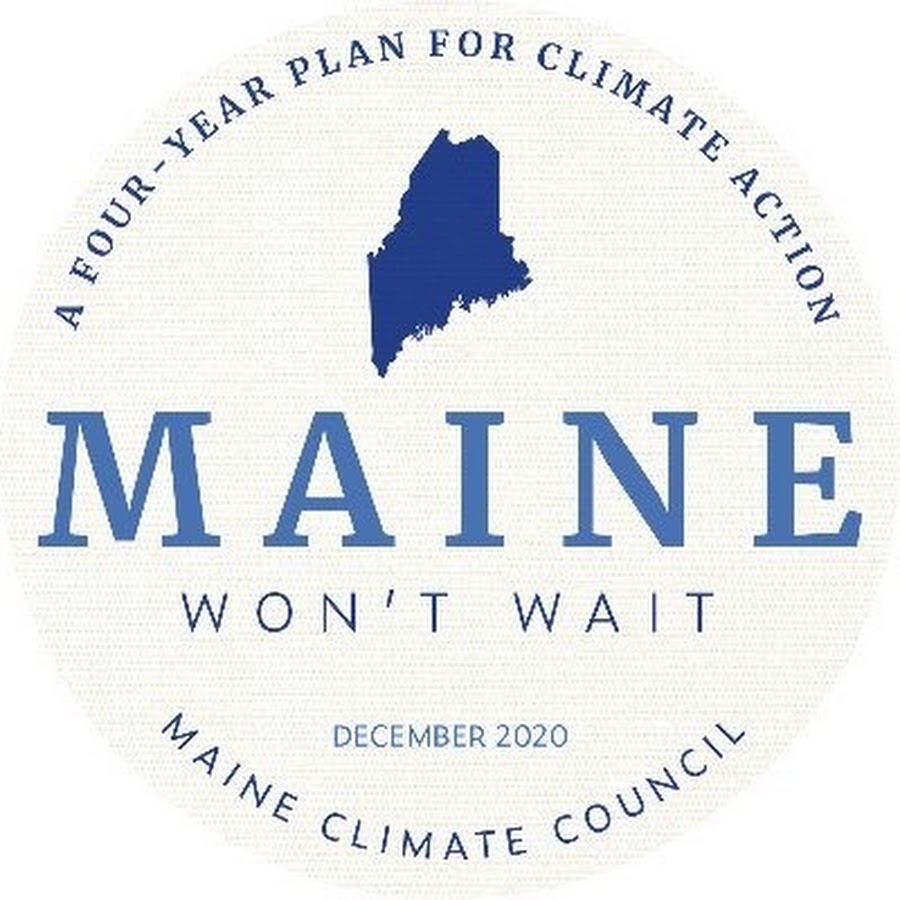
Maine Climate Council
On June 26, 2019, Governor Janet Mills and Legislature created the Maine Climate Council, an assembly of scientists, industry leaders, bipartisan local and state officials, and engaged citizens to develop a four-year plan to put Maine on a trajectory to reduce emissions by 45% by 2030 and at least 80% by 2050. The plan was delivered to Governor Mills on December 1, 2020. By law, the Council must deliver an updated plan by December 1, 2024.
Maine Climate News
Recognizing the need for a centralized, neutral source of climate information specific to Maine, UMaine’s Cooperative Extension and Maine Sea Grant created Maine Climate News in partnership with the University of Maine’s Climate Change Institute. It is intended to be a resource for information and news about climate change, climate related activities, and implications for the state of Maine. Climate change is a complex and dynamic issue which can often seem overwhelming. Maine Climate News provides useful information and presents the results of trust you can trust.
Maine Department of Environmental Protection
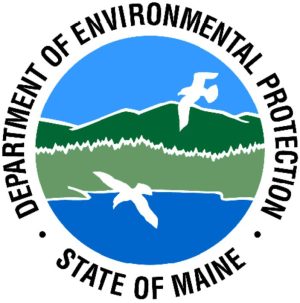
Climate Change Adaptation Toolkit
The Maine Department of Environmental Protection developed an adaptation toolkit through coordination with numerous other agencies to provide valuable information relevant for designing and implementing climate adaptation measures. There are also opportunities to connect with state agencies and engaged practitioners, as well as access to information about important regulations which may affect project plans. The information is divided into three categories: People and Communities, Natural Resources, and Built Environment, Critical Infrastructure & Facilities. There are more detailed subsections based on a variety of topics such as marine resources, transportation, and community planning. These resources can be extremely helpful for anyone who lives or works in Maine.
Climate Change Trends and Data
The Maine Department of Environmental Protection has compiled important climate trends, relevant data about climate change and state, national, and international climate impact assessments. There is also a list of useful resources which includes information about what they can be used for and the original source.
Maine Historic Preservation Commission
The Maine Historic Preservation Commission has compiled resources related to the impact of climate change on historic resources. Climate change has significant impacts on historic properties and cultural resources, so it is important to make plans to reduce or prevent damage. These structures are vulnerable to erosion, rising sea levels, and intense storms. Historic properties can create a unique sense of place for communities, and it is important that community members, officials, preservationists, and scientists work together to protect and restore these places. The MHPC has compiled numerous resources to assist entities throughout the state with climate planning and mitigation efforts in relation to historical and culturally valuable structures. Many of these resources specifically focus on issues related to certain places such as how to manage cemeteries to reduce the impacts of natural disasters and prevent and respond to issues such as water damage.
Natural Resources Council of Maine
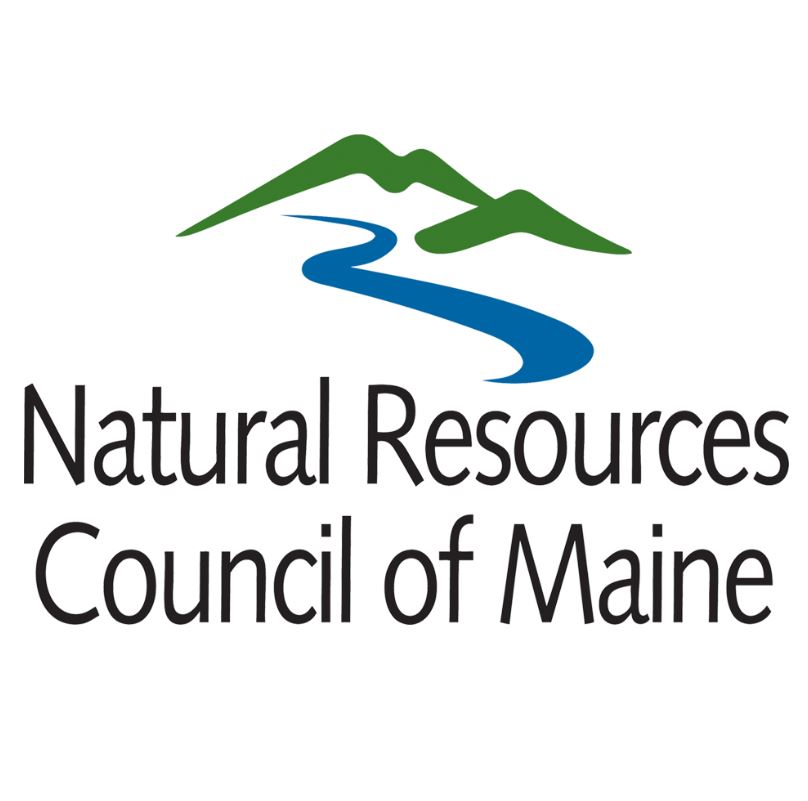
The NRCM is a nonprofit organization which works to protect, restore, and conserve Maine’s environment for the benefit of current and future generations. Climate change is a significant and growing threat to Maine’s natural resources and the quality of life of its citizens. It is important to combat climate change through quick and definitive action. NRCM partners with many Maine stakeholders to promote effective climate action which creates new jobs, green investments, clean energy, and better health conditions.
Office of Sustainability – Climate Change Resources
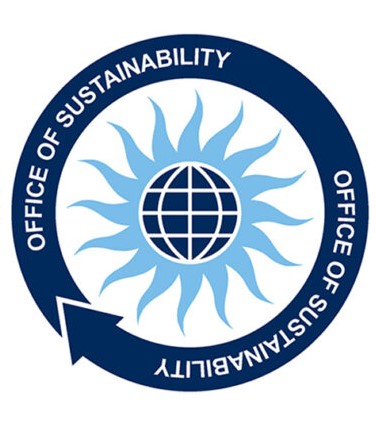
UMaine’s Office of Sustainability has compiled numerous resources related to climate change from personal, community, and environmental perspectives. Some of the sites listed can help reduce energy expenditure in daily life, calculate your personal carbon footprint, the environmental health of the area you live in, and access advanced climate change data, projections, and simulations. There are also credible sources of governmental and scientific information about climate change as it relates to the United States.

